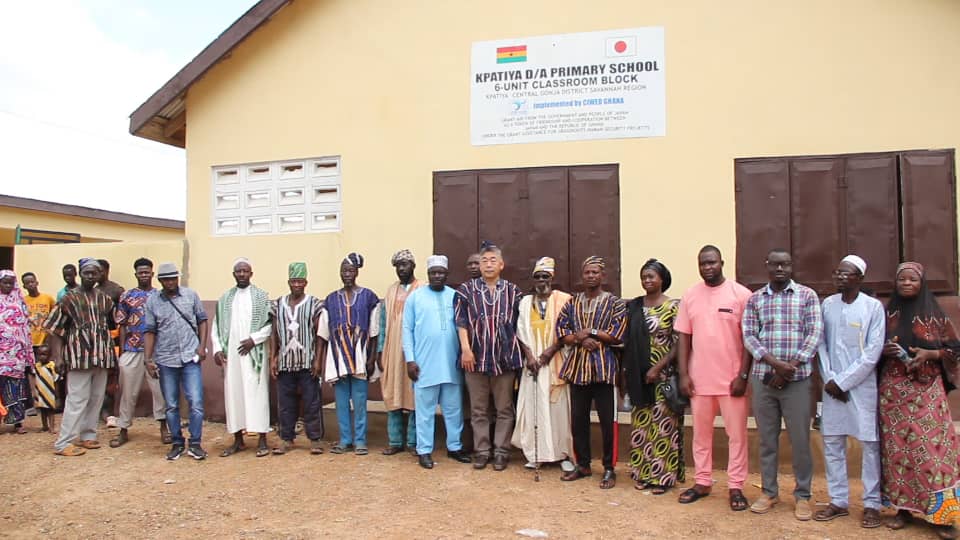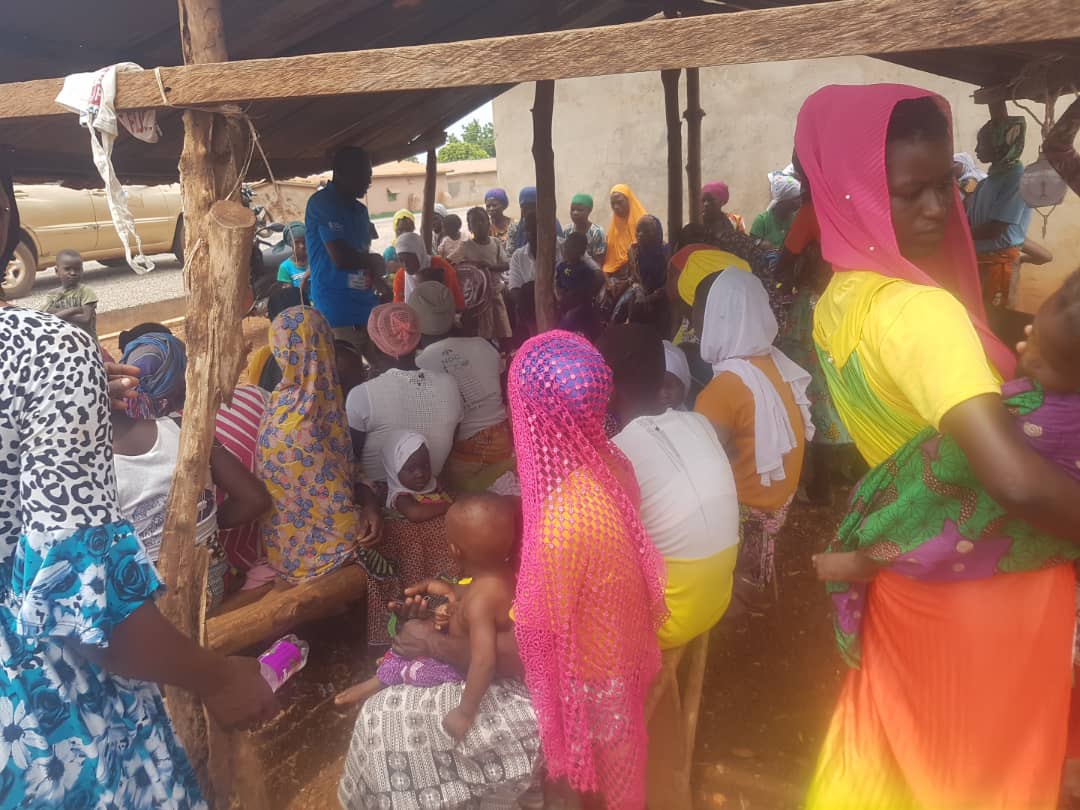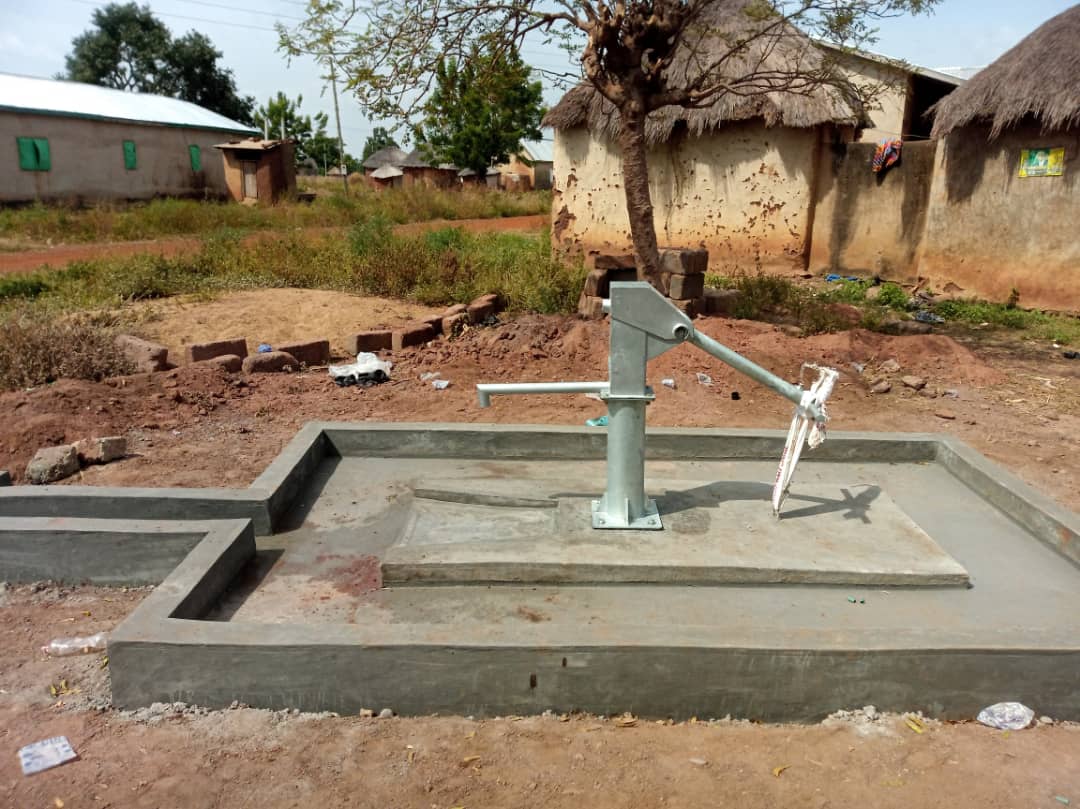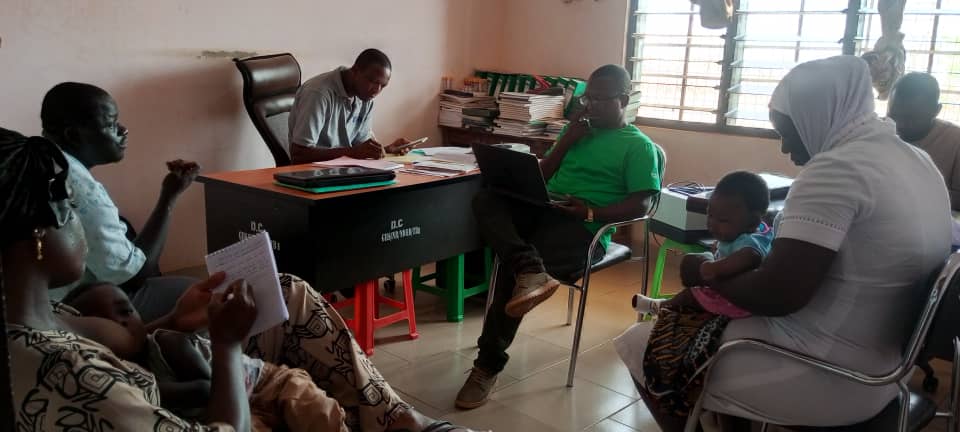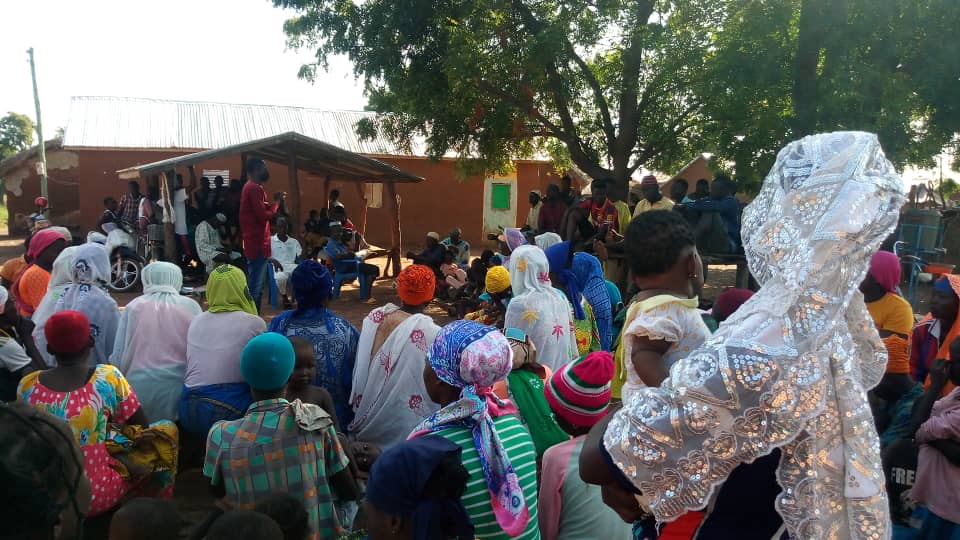On August 12th 2024, CIWED Ghana conducted a community outreach at Sandu focused on the importance of the Meningococcal vaccine for children at 18 months. The event aimed to raise awareness and improve understanding of child immunization, particularly for children under five years of age.
The outreach attracted active participation from the Sandu community, with 28 women and 10 men in attendance. During the session, participants received comprehensive information about the critical role of the Meningococcal vaccine in preventing life-threatening infections in young children from the community nurse in charge of Sandu health facility. The interactive nature of the session encouraged open dialogue, allowing participants to ask questions and share their thoughts on child immunization.
The discussion highlighted the community’s strong interest in health education, particularly among the mothers, who were highly engaged throughout the session. Many expressed their desire for more frequent educational activities of this nature, advocating for at least two sessions per month.
Way Forward:
In response to the positive feedback and the community’s expressed need, CIWED Ghana will look at their plans to see if their request to increase the outreach activities in the Sandu area could be mat. Going forward, these outreach sessions will be conducted to ensure sustained engagement and continuous education on crucial health topics, including child immunization.
This initiative is part of CIWED Ghana’s ongoing GAVI PSR 2 project with commitment to improving public health knowledge and practices in rural communities, with a specific focus on maternal and child health.

